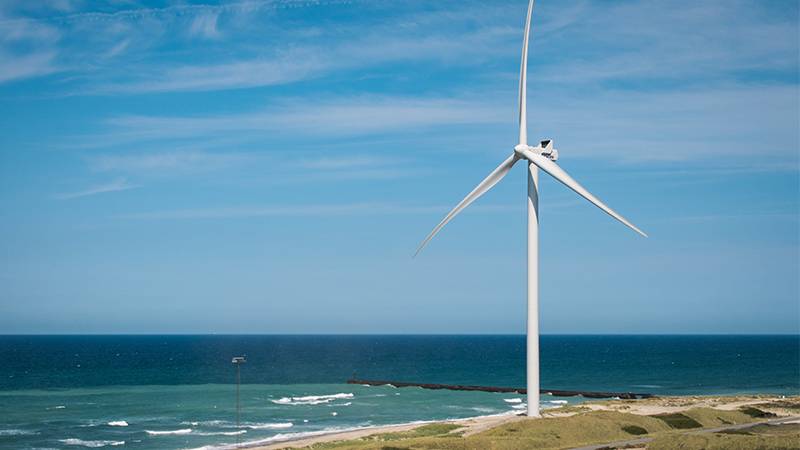Portugal’s recent achievement of running its power grid entirely on renewable energy for six days marks a significant milestone in its journey towards environmental sustainability. This feat, accomplished between October 31 and November 6, highlights the country’s dedication to reducing its reliance on fossil fuels and meeting its decarbonization goals.
Portugal’s transition to a carbon-neutral grid began with leveraging its existing hydropower infrastructure, followed by an increased focus on wind and solar energy. This strategic move differs from countries that rely heavily on hydropower or nuclear energy, requiring Portugal to innovate in integrating new renewable sources into its energy mix. Following the closure of its last coal plants in 2022, Portugal is now working towards completely phasing out gas-powered electricity, which currently constitutes 21% of its consumption, by 2040.
Central to Portugal’s energy strategy is the diversification of renewable resources, combining wind, water, and solar power. This approach not only ensures a stable energy supply but also significantly reduces costs. The six-day period of complete reliance on renewables demonstrates this strategy’s effectiveness, as the country efficiently managed high production from wind and hydro resources even under less sunny conditions.
Portugal’s commitment to renewable energy dates back to the post-1974 period with investments in hydroelectric dams and the introduction of wind energy in the 1990s. The recent advancements in solar energy have further reduced the country’s dependence on specific weather conditions for energy production.
“The key conclusion, in my opinion, is that it shows that the Portuguese grid is prepared for very high shares of renewable electricity and for its expected variation: We were able to manage both the sharp increase of hydro and wind production, and also the return to a lower share of renewables, when natural-gas power plants were requested again to supply some of the country’s demand,” said Miguel Prado, who covers Portugal’s energy sector for Expresso newspaper.
The significance of this renewable energy milestone extends beyond Portugal’s borders. During this period, Portugal not only met its internal energy needs but also exported surplus clean electricity to Spain. This success reflects a broader trend in the country’s energy sector, where the use of natural gas for electricity production dropped by 39% compared to the previous year.
Looking to the future, Portugal is focusing on enhancing its renewable energy infrastructure. This includes upgrading older wind projects and exploring hybrid power plants that combine wind and solar energy. According to Canary Media, the country is also progressing in offshore wind development, planning to build 10 gigawatts of capacity, primarily through innovative floating turbines.
However, the path to a fully renewable energy grid is not without challenges. Portugal aims to achieve 85% renewable energy by 2030 but must navigate slow permitting processes and balance ecological impacts with clean power needs. Furthermore, the development of large-scale battery storage is critical to manage the intermittency of renewable energy sources.
The recent political turmoil following Prime Minister António Costa’s resignation could potentially delay renewable energy projects and auctions. Despite these political uncertainties, there remains a strong consensus in Portugal in favor of advancing clean energy initiatives.
Portugal’s success in operating on 100% renewable energy for six consecutive days is not just a record-breaking event; it represents a pivotal step in the global shift towards sustainable energy. This achievement underscores the practicality of large-scale transition to renewable sources and sets an example for other nations striving for a greener future.
More inspiring green news similar to this:


